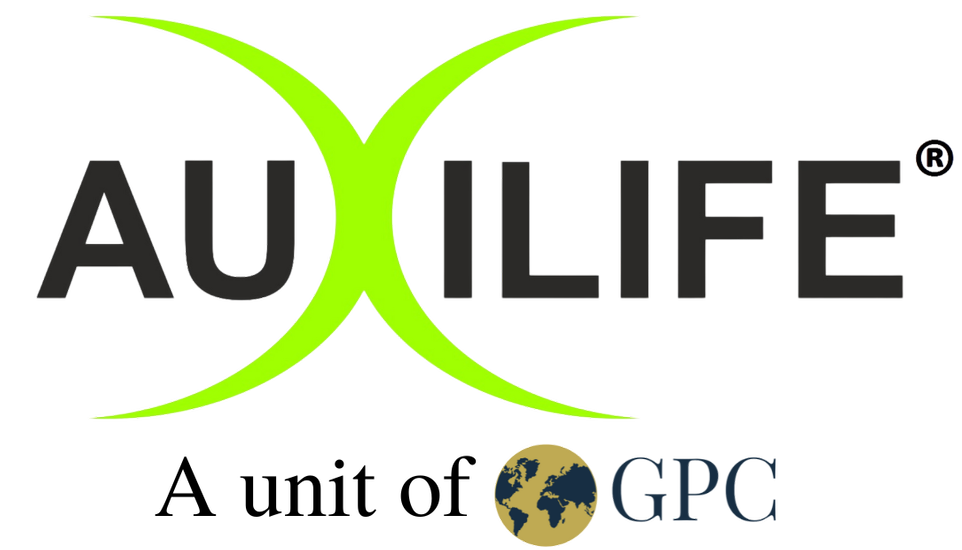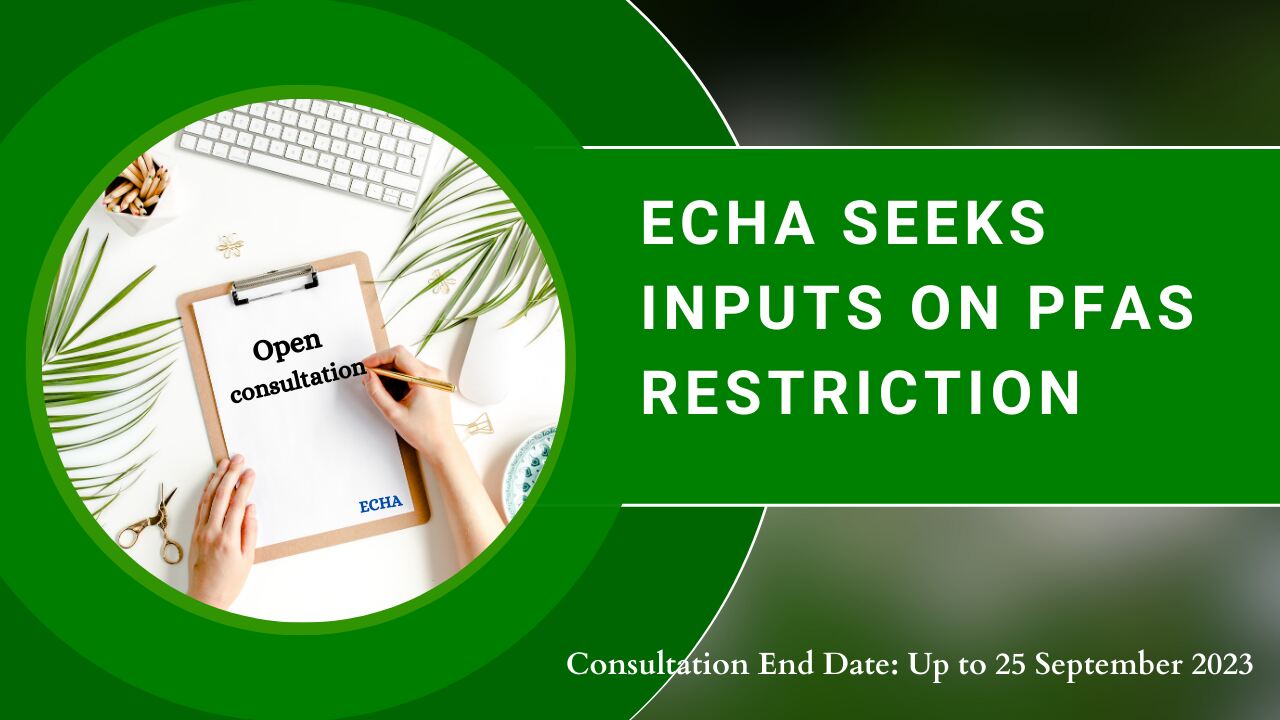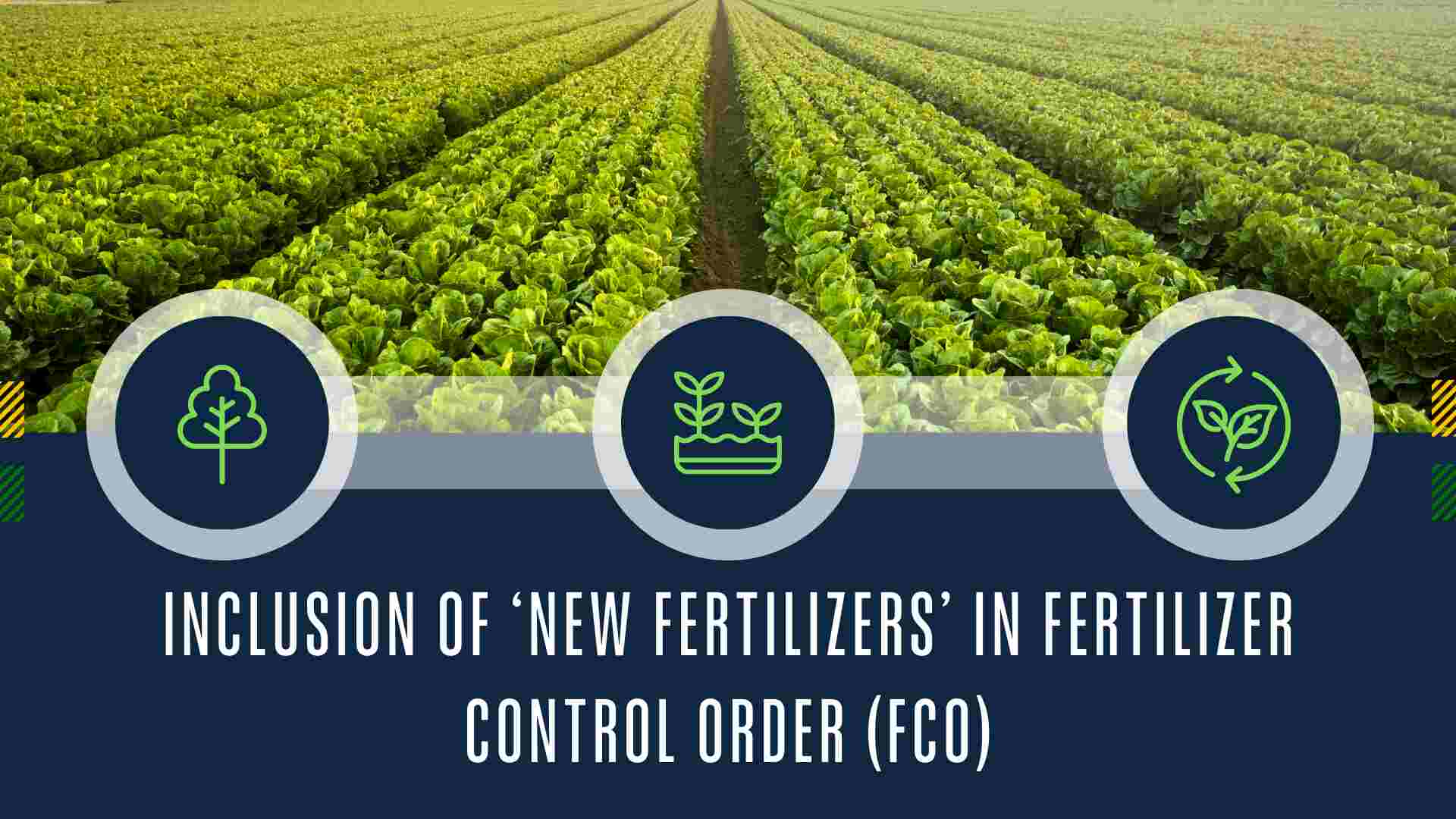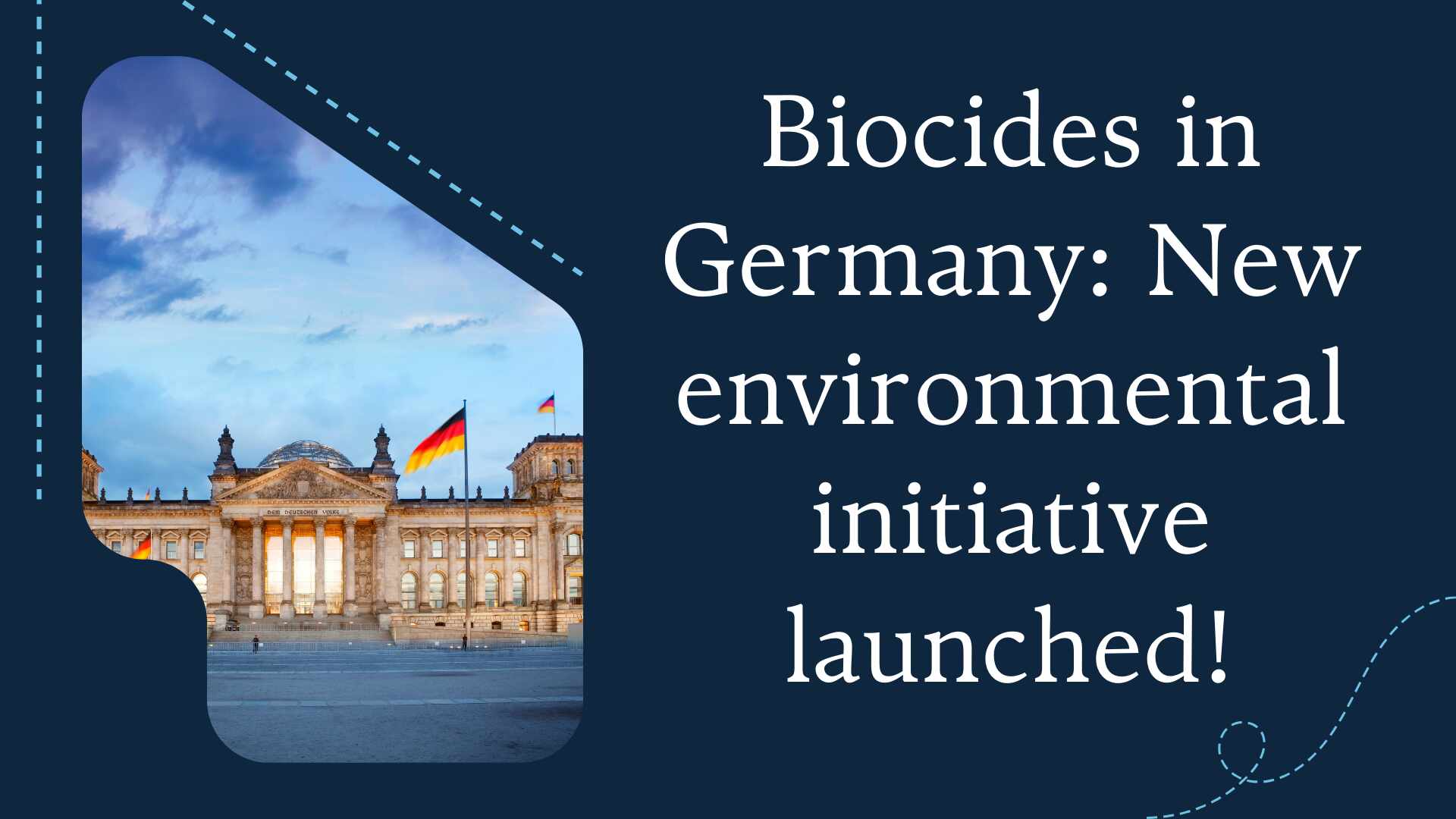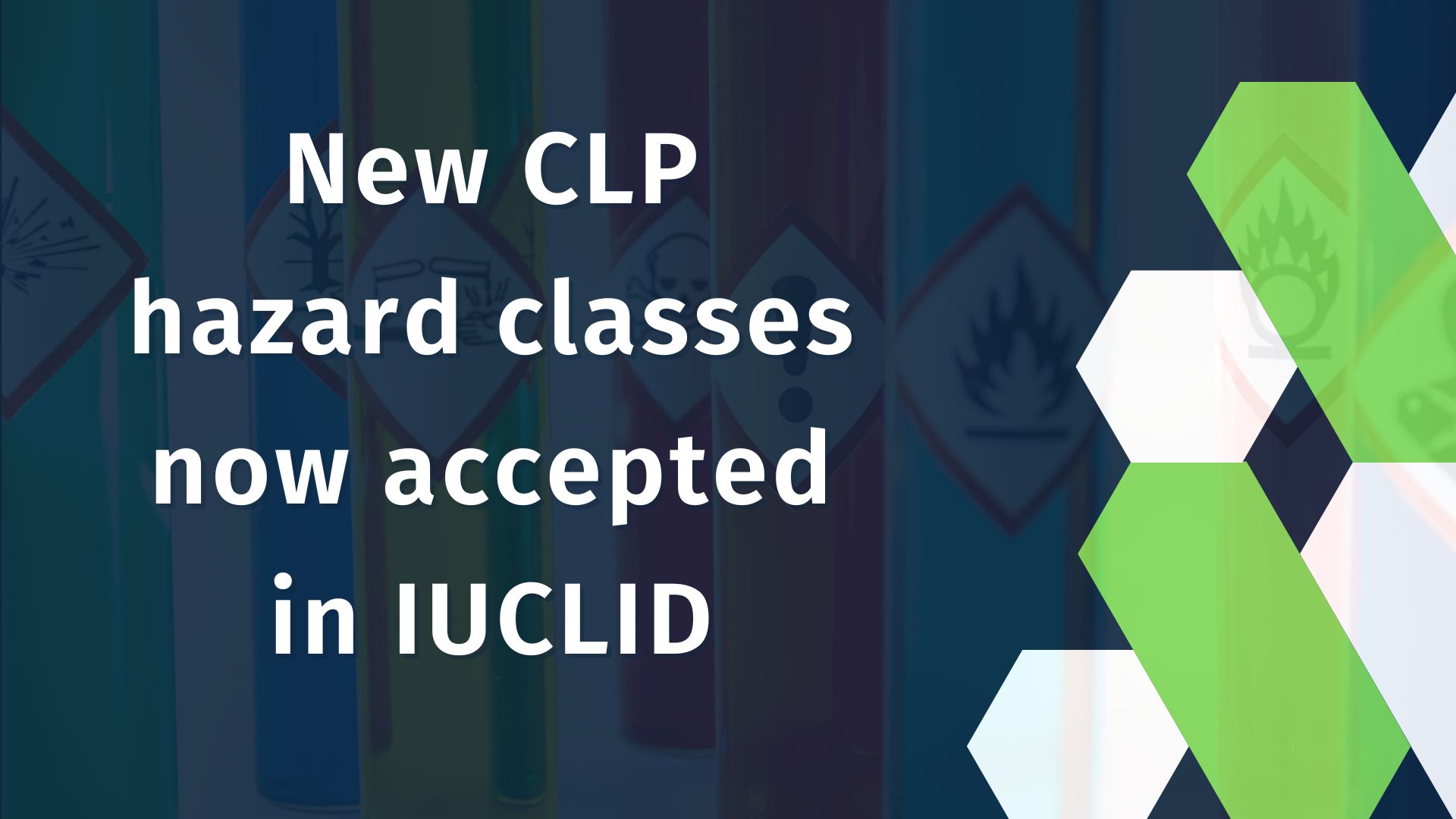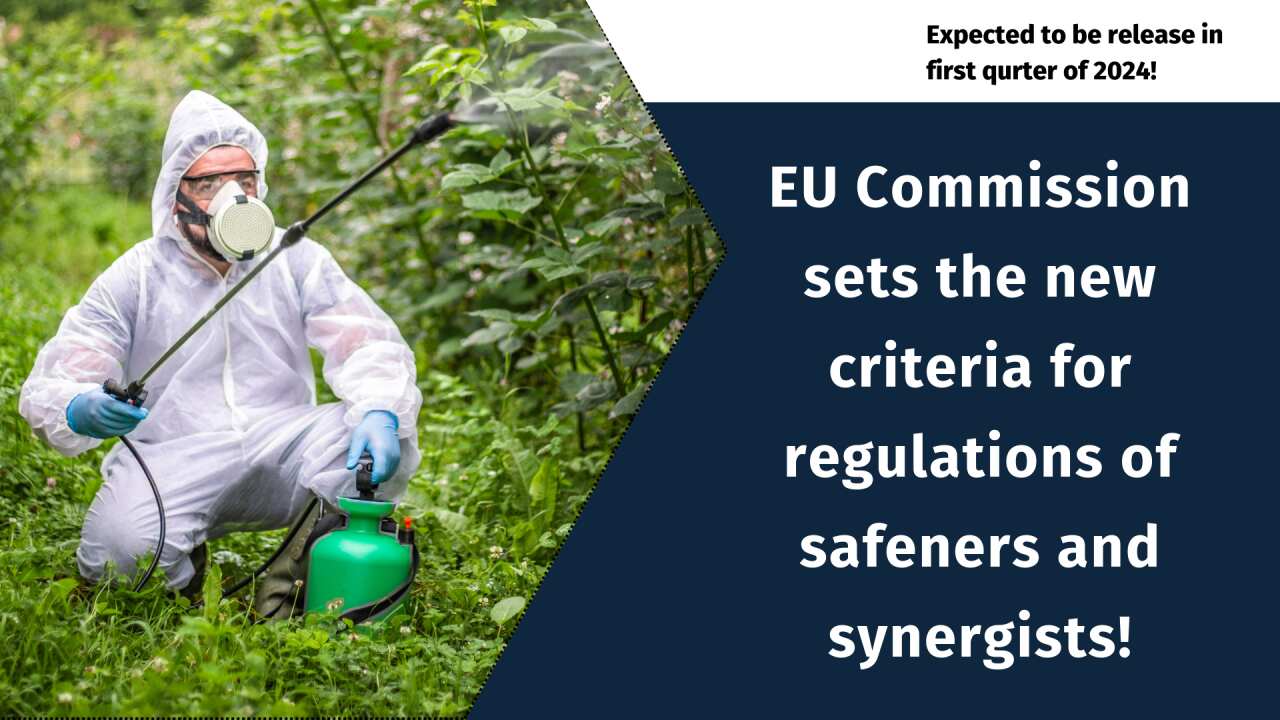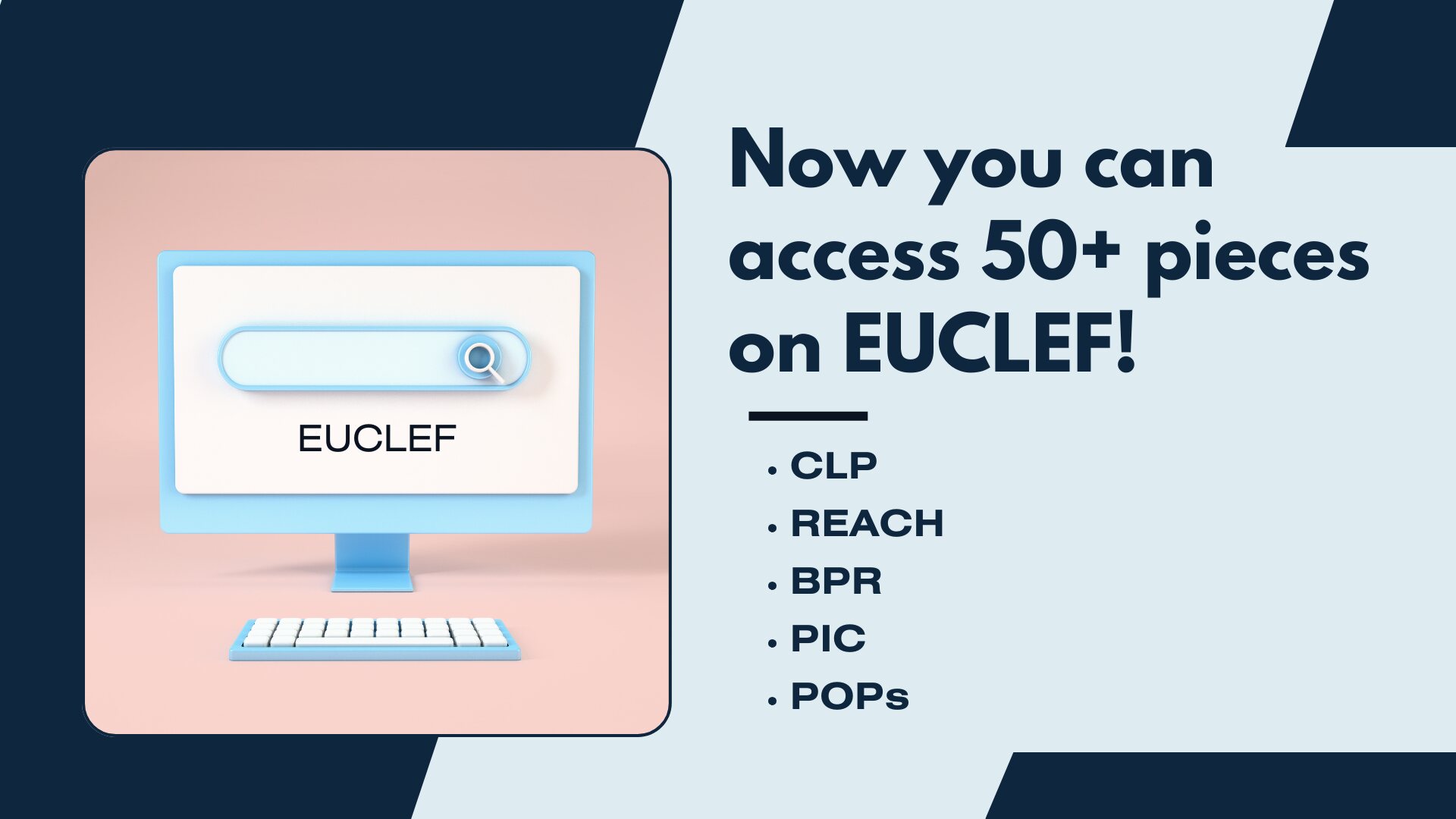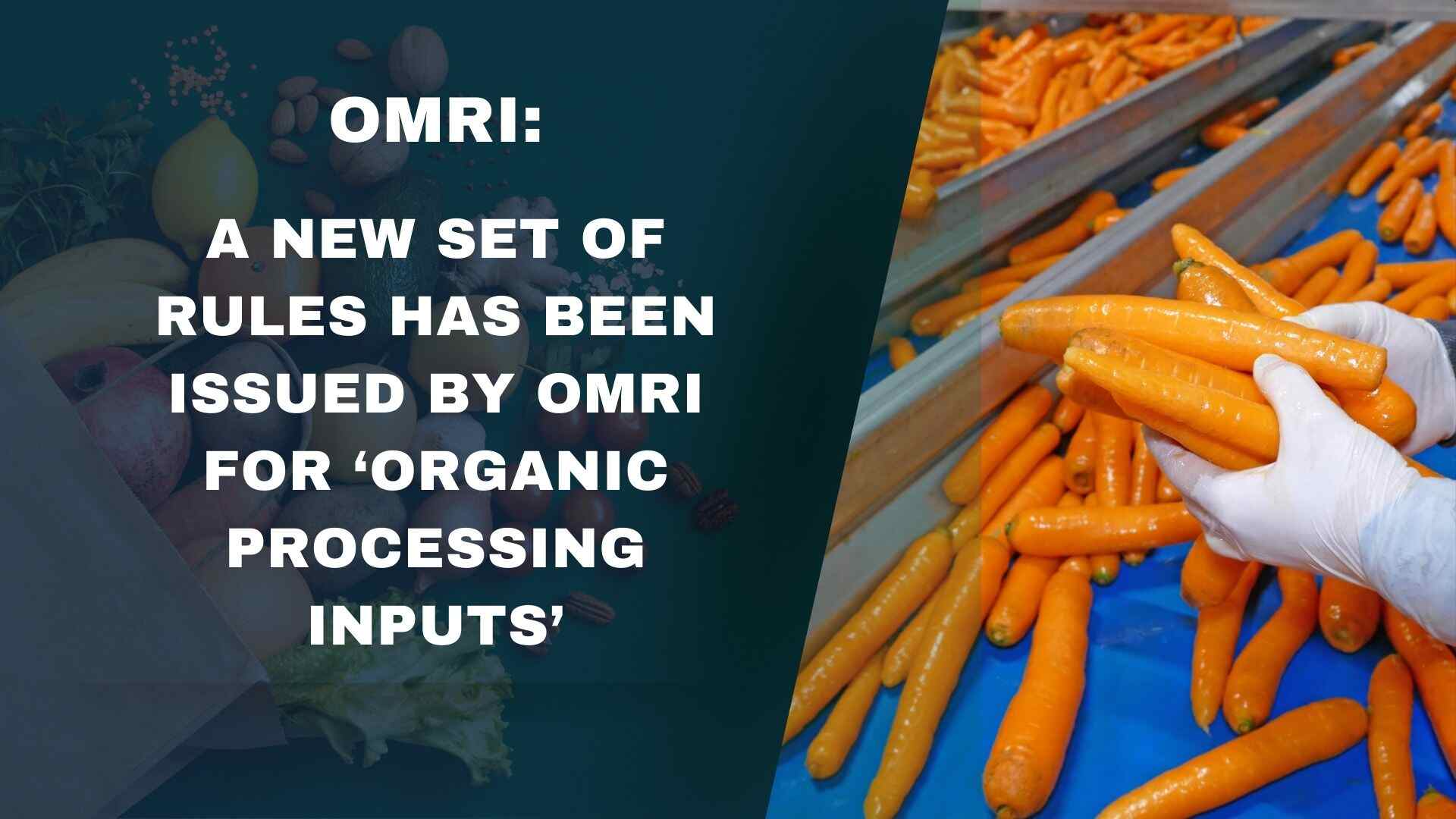PFAS (per- and polyfluoroalkyl substances) represent a large class of synthetic chemicals with extensive use. The proposal was prepared by authorities in Denmark, Germany, the Netherlands, Norway and Sweden then submitted it to ECHA. Aim of the PFAS restriction proposal is to reduce PFAS emissions into the environment and make products and processes safer for people.
Reason for restriction
PFASs are, or ultimately transform into, persistent substances, leading to irreversible environmental exposure and accumulation. Due to their water solubility and mobility, contamination of surface, ground- and drinking water and soil has occurred in the EU as well as globally and will continue. It has been proven very difficult and extremely costly to remove PFASs when released to the environment. In addition, some PFASs have been documented as toxic and/or bioaccumulative substances, both with respect to human health as well as the environment. Without taking action, their concentrations will continue to increase, and their toxic and polluting effects will be difficult to reverse.
The consultation on this proposed restriction have been raised on the manufacture, placing on the market and use of per- and polyfluoroalkyl substances (PFAS).
Consultation End Date: Up to 25 September 2023
- The European Chemicals Agency (ECHA) has extended an invitation to all interested parties to submit scientific and technical information on the manufacture, placing on the market, and use of per- and polyfluoroalkyl substances (PFAS).
- The consultation period, which began on 22 March 2023, will remain open until 25 September 2023, 23:59 Helsinki time.
- Individuals and organizations with relevant knowledge and data on PFAS are encouraged to contribute their insights during this six-month period. The focus is on gathering information regarding the risks associated with PFAS, socio-economic aspects, and potential alternative substances.
- ECHA’s scientific committees for Risk Assessment (RAC) and for Socio-Economic Analysis (SEAC) will carefully evaluate the information provided during the consultation.
- Once ECHA’s scientific committees have completed their assessment and formed an opinion, the European Commission, in collaboration with the EU Member States, will make the final decision regarding the potential restrictions based on the proposal and the committees’ evaluation.
This request for scientific and technical data on PFAS emphasises the significance of making educated decisions to reduce possible risks related to this compound. The collaboration of numerous European agencies, as well as the participation of many stakeholders in the consultation process, demonstrate the commitment to protecting the safety and well-being of both humans and the environment.
